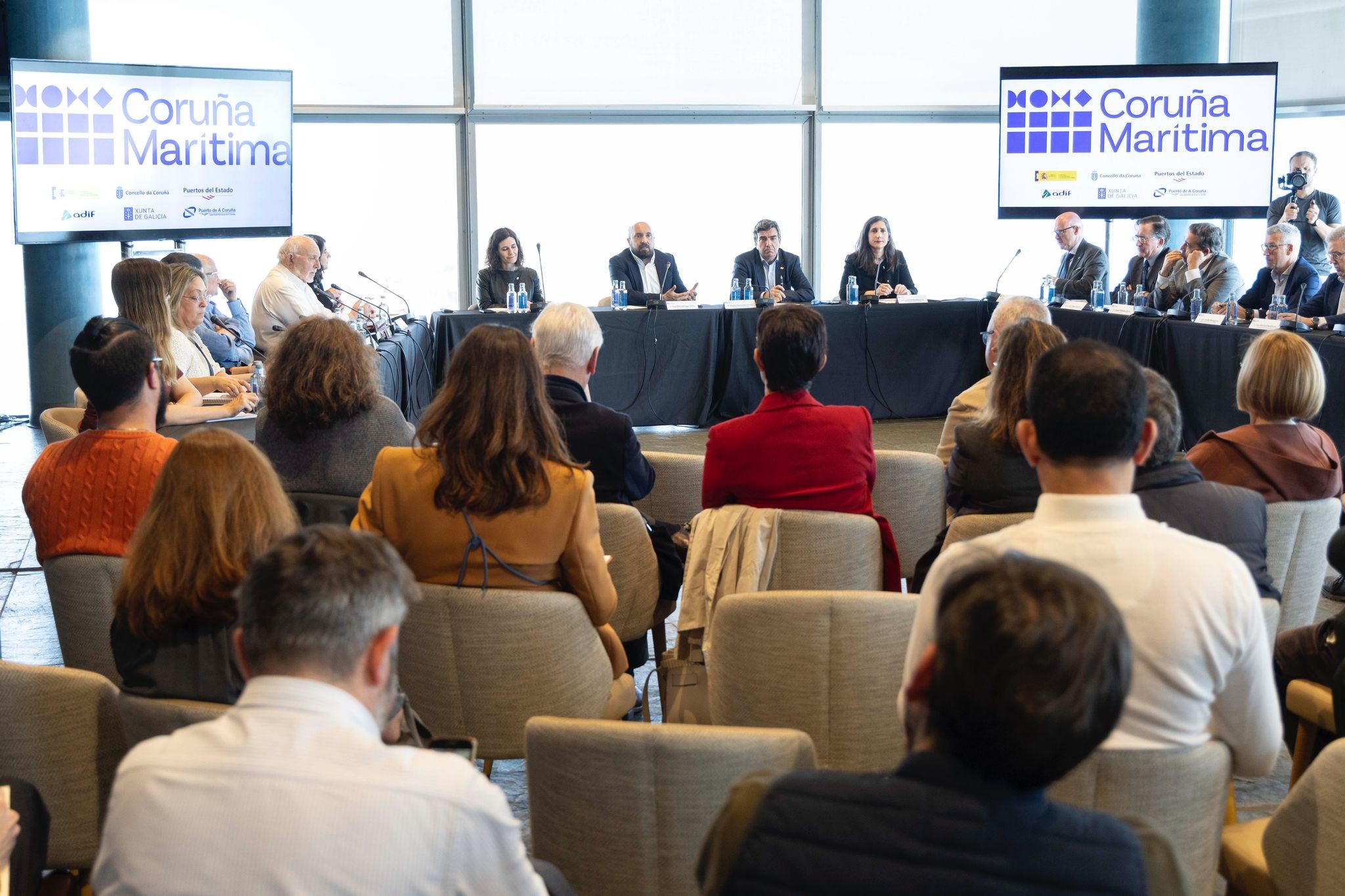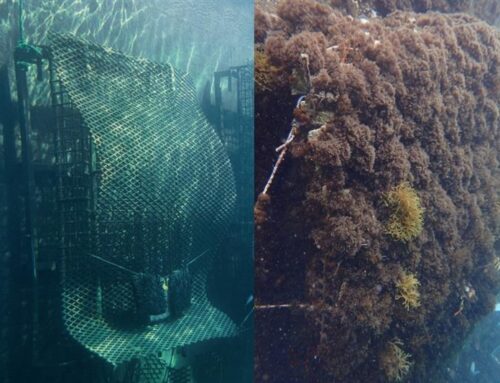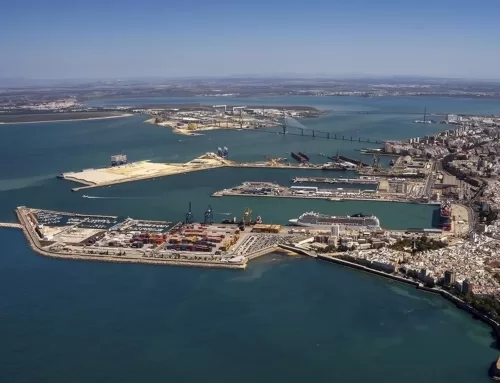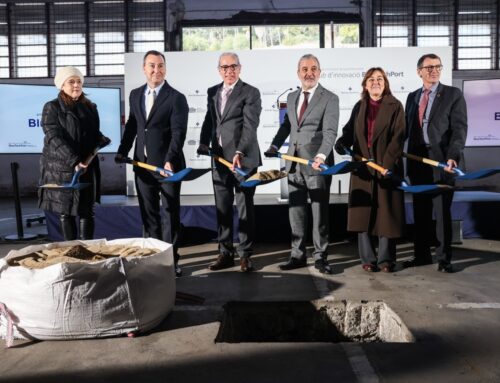The development of the Coruña Marítima project continues with an open event to present the results of the participatory process to the public. The event will take place on Friday, May 9, at 9:30 AM, at the Espacio Avenida, located on Cantón Grande in A Coruña. Entry is free of charge.
The institutional opening will feature remarks from Inés Rey, Mayor of A Coruña; Diego Calvo, Regional Minister for the Presidency, Justice and Sports; María Rivas, Deputy Government Delegate in A Coruña; and Martín Fernández Prado, President of the Port Authority of A Coruña.
Following this, Juan Diego Pérez Freire, Director of the Port Authority, will present the most significant findings from the participatory process, as well as the next steps planned for the advancement of the project.
A panel discussion on interventions in port areas will then follow, featuring two key speakers in the field: Teófila Martínez, President of the International Association for Collaboration between Ports and Cities (RETE), and David Pino, Director of Port Vell, who will share the transformation experience of Barcelona’s historic port area.
The event aims to share the outcomes of the consultation phase carried out in recent months, which began with the release of the Strategic Guidelines, approved on January 24 during a meeting of the Coruña Marítima Commission. This body includes six public administrations: the City Council of A Coruña, the Regional Government of Galicia, the Ministry of Transport and Sustainable Mobility, the Railway Infrastructure Administrator (ADIF), the Spanish Ports Authority, and the Port Authority of A Coruña.
After publication on the project’s website and distribution of the Strategic Guidelines to neighborhood, social and cultural associations, professional bodies, port companies, universities, public institutions, business groups, environmental organizations, foundations, and trade unions, the participatory process continued with the opening of a public suggestions box (still available) and the organization of five thematic workshops to gather input and encourage citizen engagement. The process received a strong response from A Coruña’s civil society, with numerous contributions from individuals and groups.
As a result, the next step will be the launch of an international multidisciplinary competition to define the Master Plan that will guide the transformation of the port and railway spaces. This Master Plan must be proactive, flexible, and innovative, offering a long-term vision and considering various development scenarios.




